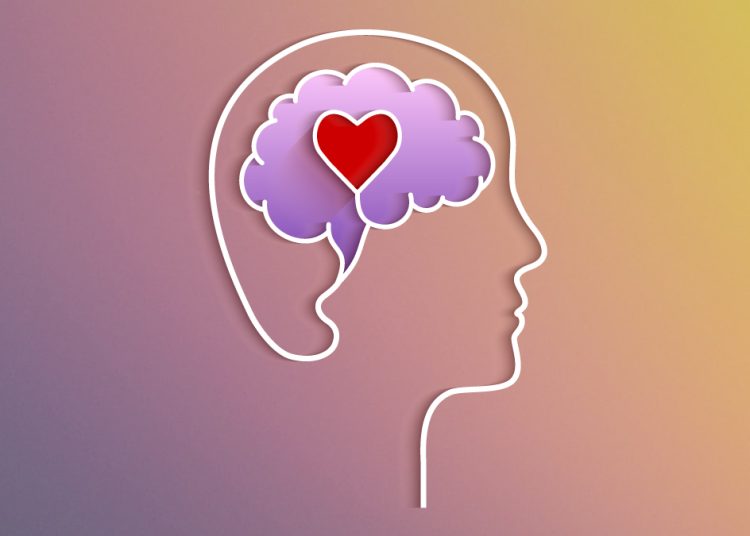Breaking the Silence: Exploring the Mental Health Crisis
Mental health has long been a stigmatized and often overlooked issue in society. However, as awareness and understanding of mental health have grown, more and more people are speaking out about their struggles and seeking help. Breaking the silence surrounding mental health is crucial in addressing the mental health crisis that plagues our society. In this article, we will explore the factors contributing to the mental health crisis, common mental health disorders, the importance of seeking help, and ways to break the stigma surrounding mental health.
Factors Contributing to the Mental Health Crisis
There are several factors that contribute to the mental health crisis we are facing today. One of the primary factors is the stigma surrounding mental health. Many people feel ashamed or embarrassed to seek help for their mental health issues due to fear of judgment or discrimination. This stigma prevents individuals from getting the help they need, leading to a worsening of their mental health conditions.
Additionally, societal pressures and expectations can also contribute to the mental health crisis. The constant pressure to be successful, look a certain way, or act a certain way can take a toll on a person’s mental health. This pressure can lead to feelings of inadequacy, anxiety, and depression.
Furthermore, trauma and adverse childhood experiences can also play a role in the development of mental health disorders. Traumatic events, such as abuse, neglect, or loss, can have a lasting impact on a person’s mental health and well-being. Without proper support and treatment, these individuals may struggle to cope with their trauma and develop mental health disorders.
Common Mental Health Disorders
There are several common mental health disorders that affect millions of people worldwide. Some of the most prevalent mental health disorders include:
Anxiety Disorders
Anxiety disorders are among the most common mental health disorders, affecting over 40 million adults in the United States alone. People with anxiety disorders experience excessive worry, fear, or panic that interferes with their daily lives. Common anxiety disorders include generalized anxiety disorder, panic disorder, and social anxiety disorder.
Depression
Depression is another common mental health disorder that affects millions of people worldwide. People with depression experience persistent feelings of sadness, hopelessness, and loss of interest in activities they once enjoyed. Depression can severely impact a person’s quality of life and may lead to thoughts of suicide.
Bipolar Disorder
Bipolar disorder is a mood disorder characterized by extreme mood swings, ranging from manic episodes of high energy to depressive episodes of low energy. People with bipolar disorder may experience periods of intense euphoria followed by periods of deep despair.
The Importance of Seeking Help
Seeking help for mental health issues is crucial in improving one’s well-being and quality of life. Many people suffer in silence, afraid to reach out for help due to stigma or shame. However, seeking help is a sign of strength, not weakness. It takes courage to acknowledge that you need help and to take the necessary steps to improve your mental health.
Therapy, medication, and support groups are all effective ways to treat mental health disorders and improve mental well-being. By seeking help, individuals can learn coping skills, gain insight into their mental health issues, and develop strategies to manage their symptoms effectively.
Breaking the Stigma Surrounding Mental Health
Breaking the stigma surrounding mental health is essential in addressing the mental health crisis. Stigma perpetuates shame and silence, preventing individuals from seeking help and receiving the support they need. To break the stigma surrounding mental health, we must educate ourselves and others about mental health, challenge stereotypes and misconceptions, and promote empathy and understanding.
It is crucial to speak openly about mental health, share our experiences, and support those struggling with mental health issues. By breaking the silence and advocating for mental health awareness, we can create a more supportive and inclusive society for all individuals.
Conclusion
The mental health crisis is a pressing issue that affects millions of people worldwide. By breaking the silence surrounding mental health, we can work towards addressing this crisis and providing support and resources to those in need. Seeking help, educating ourselves and others, and promoting empathy and understanding are all crucial steps in breaking the stigma surrounding mental health. Together, we can create a more compassionate and supportive society for all individuals struggling with mental health issues.
Remember, it’s okay not to be okay. You are not alone, and help is available. Let’s break the silence and work towards a brighter future for mental health.









